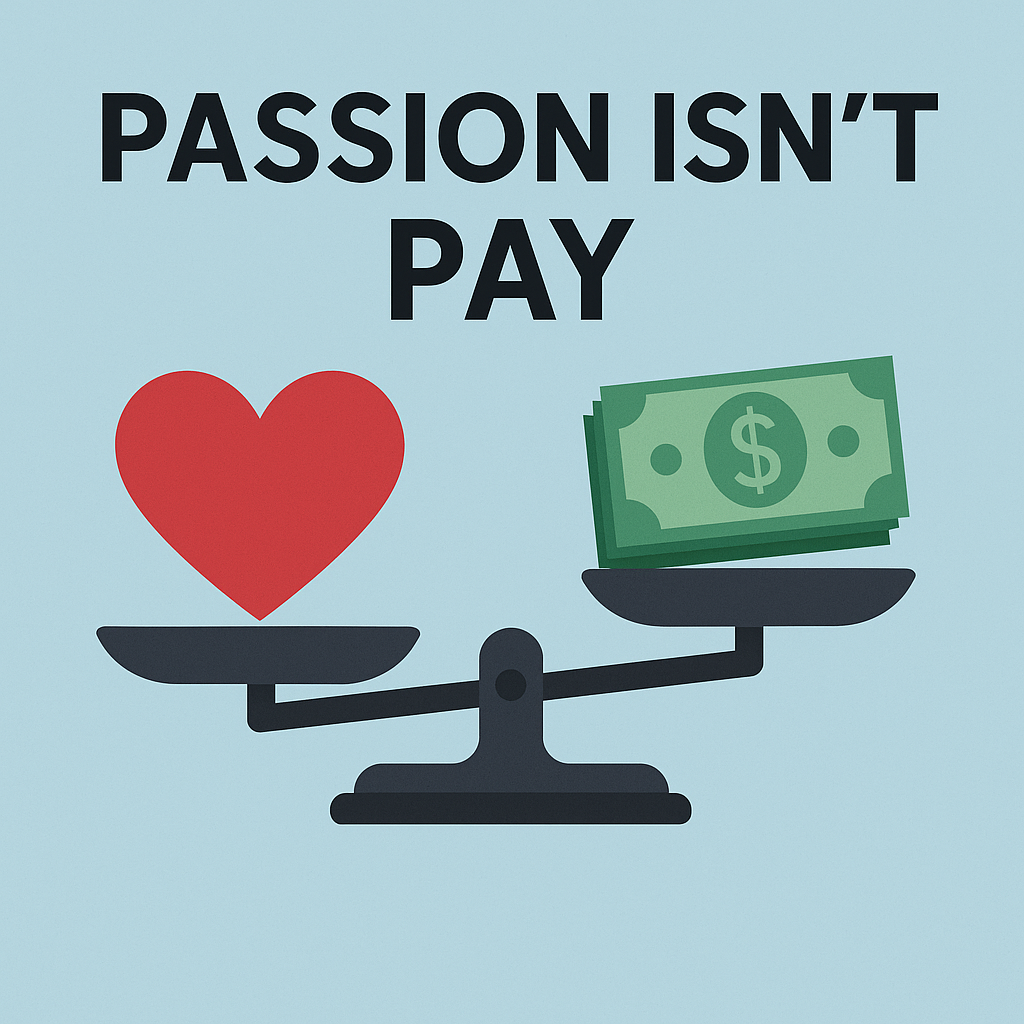At VAAP, we believe in elevating the voices and concerns of our members, especially on issues that impact the sustainability and wellbeing of our field. This article is not a formal policy statement, but rather an invitation to reflect, engage, and consider solutions to a growing challenge in the substance use disorder (SUD) workforce: compensation inequity.
In recent weeks, a growing conversation among addiction professionals has made it clear: our field is at a tipping point. While many of us entered the SUD field because of a deep commitment to service, purpose alone cannot sustain a workforce. Passion is not a paycheck. Compassion does not cover rent. And dedication, no matter how deep, cannot erase the economic realities many SUD professionals face.
SUD counselors are compassionate, dedicated, hardworking, and caring — and consistently underpaid, with many earning less than $50,000 a year despite grueling schedules, heavy caseloads, and challenging work. A 2022 report from the National Council for Mental Wellbeing found that low compensation was the top barrier to recruiting and retaining qualified staff in behavioral health organizations nationwide.
[Source: National Council, 2022 Behavioral Health Workforce Survey]
This wage deficit sends a dangerous message: that the work of supporting people through recovery is somehow not valuable. That the lives of those we serve are less complex, less worthy, and less deserving of investment.
Even more troubling is the pervasive narrative that those in the field “aren’t in it for the money.” While that may be true for many, such framing often excuses a lack of fair compensation and contributes to burnout and moral injury. As one provider put it, “The privilege to choose an underpaid career path doesn’t belong to everyone.”
These inequities are rooted in broader policy failures. The Mental Health Parity and Addiction Equity Act (MHPAEA) and the Affordable Care Act called for equal treatment of substance use and mental health conditions relative to medical and surgical benefits—but implementation has fallen short. SUD providers continue to face lower reimbursement rates, and in many cases, insurance plans still refuse to cover treatment for standalone SUD diagnoses.
It’s also important to recognize that employers do not control this issue alone. Staff salaries are often directly tied to insurance reimbursement structures, which disproportionately undervalue behavioral health services. Even organizations that want to raise wages often find themselves constrained by reimbursement ceilings and outdated billing models. Real change must include payment reform—because a workforce can’t be sustained without sustainable funding.
This isn’t just about personal frustration. It’s about the long-term viability of a critical workforce. When providers can’t afford to stay in the field, services suffer. When clinicians are forced to work second jobs, patient care suffers. When passionate people leave because they can’t pay their bills, the entire recovery ecosystem suffers.
As a field, we must stop normalizing professional sacrifice and start demanding professional respect — and professional-level compensation.
At VAAP, we believe that elevating the voices of Virginia’s addiction professionals is not just an internal goal — it’s a moral imperative. We are calling on state agencies, insurers, and national partners to take action:
- Fund SUD services at equitable levels
- Ensure reimbursement for standalone SUD diagnoses
- Include SUD providers in salary and benefits parity discussions
- Reform billing practices to ensure insurance reimbursements reflect the true value of SUD care
We also call on employers to offer wages and benefits that reflect the skills, credentials, and emotional labor this work requires—with the understanding that broader systems must evolve to make that possible. Because recovery work is healthcare work. It is essential. And it is worthy.
To those in the field: we see you. We honor your commitment. And we believe you deserve more than gratitude — you deserve respect, resources, and real compensation.
This article is offered as food for thought, grounded in the lived experience of our members and informed by national trends. We welcome continued discussion and collaboration as we work toward a more equitable future for all who serve in the recovery profession.
Let’s end the cycle of undervaluation. Let’s build a workforce where passion is matched by pay.

